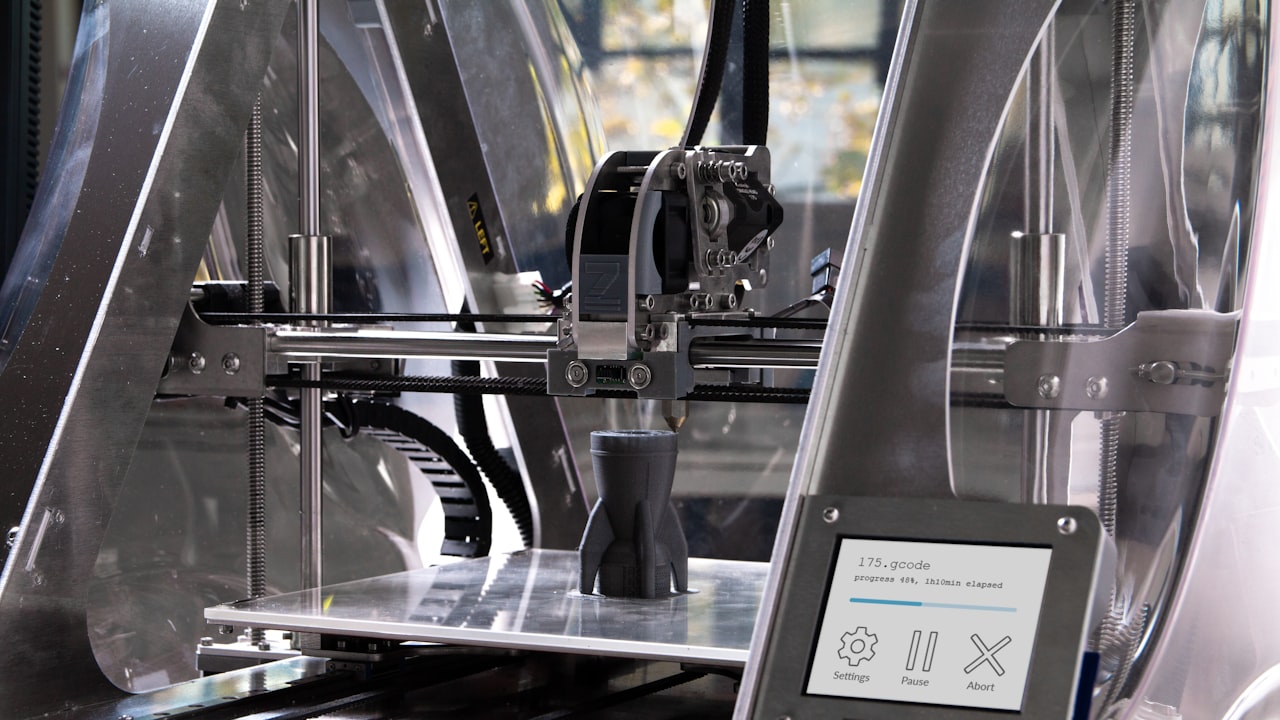 Title: “Revolutionizing Pharmaceutical Production: The Role of Pharmaceutical Machinery”
Title: “Revolutionizing Pharmaceutical Production: The Role of Pharmaceutical Machinery”
Pharmaceutical machinery has transformed the landscape of drug manufacturing, with table press machines and capsule filling machines playing a pivotal role in enhancing efficiency and productivity. These advanced technologies have revolutionized the way medications are produced, leading to improved quality, safety, and scalability in the pharmaceutical industry.
Table press machines, such as the Tablet Press Machine (TDP) and the High-Speed Tablet Press (THDP), have significantly streamlined the process of tablet compression. Traditionally, tablet production was a labor-intensive and time-consuming task, but with the introduction of table press machines, this process has become automated and highly efficient. These machines are equipped with advanced features such as automatic control systems, real-time monitoring, and precise dosing mechanisms, ensuring the accurate and consistent manufacture of tablets. This not only increases production speed but also reduces the risk of human error and contamination, resulting in higher quality medications for patients.
Similarly, capsule filling machines have revolutionized the production of capsules, offering a faster and more precise method of encapsulation. These machines are designed to fill capsules with the right amount of active ingredients, excipients, and fillers, ensuring uniformity and accuracy in each dosage form. By automating the capsule filling process, pharmaceutical companies can improve efficiency and productivity, as well as meet the growing demand for capsule medications in the market. Additionally, capsule filling machines contribute to the safety of drug manufacturing by providing a controlled environment for encapsulation, minimizing the risk of cross-contamination and ensuring compliance with regulatory standards.
The scalability of pharmaceutical machinery, including table press and capsule filling machines, is another key advantage in modern drug production. With the ability to handle large volumes of materials and perform continuous processing, these machines allow pharmaceutical companies to ramp up production capacity to meet the increasing demand for medications. This scalability is critical in addressing public health needs, especially during times of health crises or emergencies when there is a surge in demand for essential medicines. Pharmaceutical machinery enables companies to respond swiftly to fluctuating market demands and ensure a stable supply of medications to patients worldwide.
In conclusion, pharmaceutical machinery, particularly table press machines and capsule filling machines, has revolutionized the pharmaceutical industry by improving efficiency, safety, and scalability in drug manufacturing. These advanced technologies have not only enhanced the quality of medications but also enabled pharmaceutical companies to meet the challenges of a rapidly evolving healthcare landscape. As the demand for innovative and life-saving medications continues to grow, pharmaceutical machinery will play an essential role in driving the future of pharmaceutical production and ensuring the availability of safe and effective medicines for patients globally.





